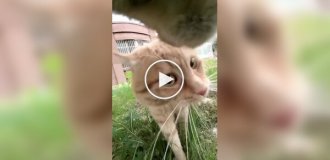11 creatures that can deny themselves food for an amazingly long time (12 photos)
Do you know people who are indifferent to food and do not like to treat themselves to something tasty? 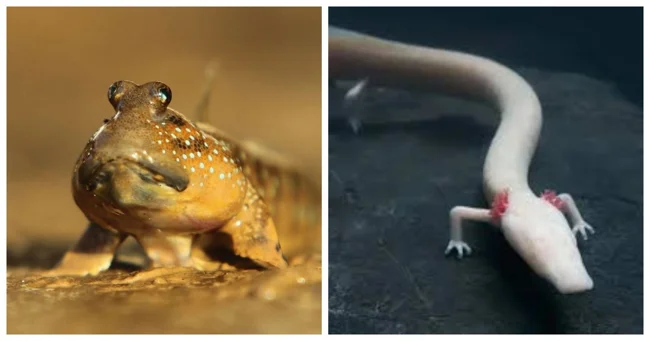
Of course, such people exist, but in very small quantities. And for most, food is not only a source of life, but also a quick way to get pleasure and lift your spirits. Why deny yourself small joys? Especially since refusing food can quickly get sick and go out of order. Meanwhile, some of our smaller brothers are true ascetics in this regard. They manage to eat several times a month or even a year and not suffer much from it. How do animals manage this?
1. Olm salamander 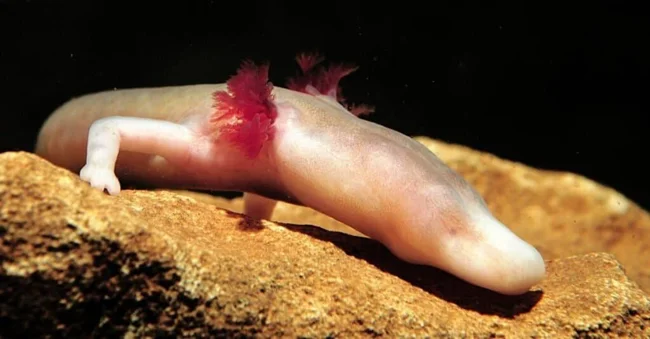
Also known as the European proteus, the creature can remain motionless for hundreds or even thousands of days. These creepy amphibians live in underwater caves in Italy and the Balkans. They are related to salamanders, but spend their entire lives underwater. Resources in such an environment are scarce, and these amazing creatures can go without food for up to ten years.
2. Shark 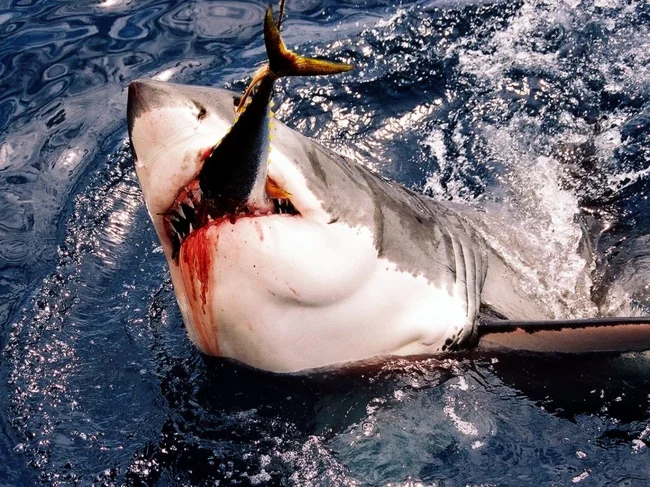
White sharks can go without food for several weeks. The most interesting thing about this is that the longer they go without proper nutrition, the sharper their hunting instincts become.
3. Bear 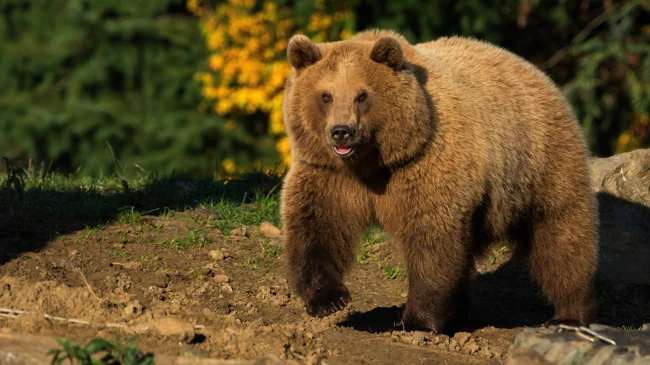
Bears can go without food for different amounts of time depending on the situation. Brown bears do not eat for about two weeks after coming out of hibernation. Male polar bears with standard fat reserves can go without food for about 200 days. Females without cubs can go without food for about 250 days.
4. Penguin 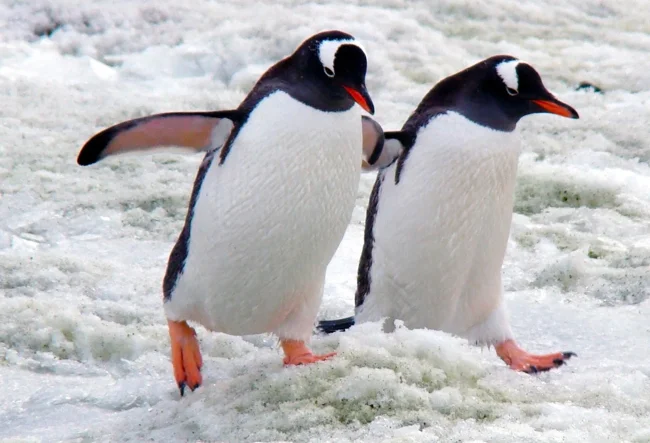
Penguins live in some of the harshest conditions on the planet. While the females go hunting, the males sit in the nest, keeping the babies warm. For two to four months, while they are gone, the males live off their fat. A penguin can lose between a third and half of its body weight.
5. Camel 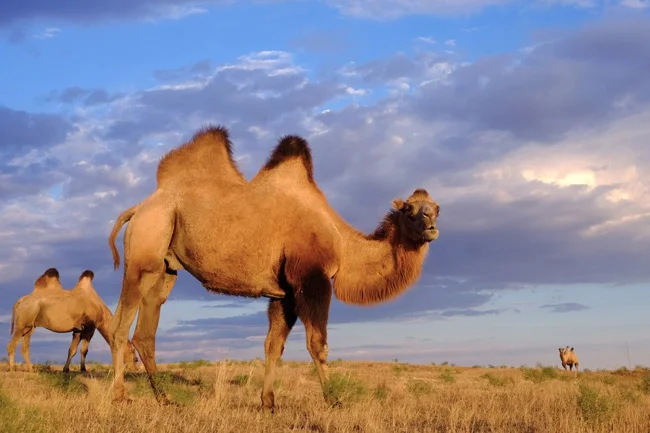
Fat stored in the humps can provide camels with energy during their trek through the desert. The reserves can last for about 40 days.
6. Frog 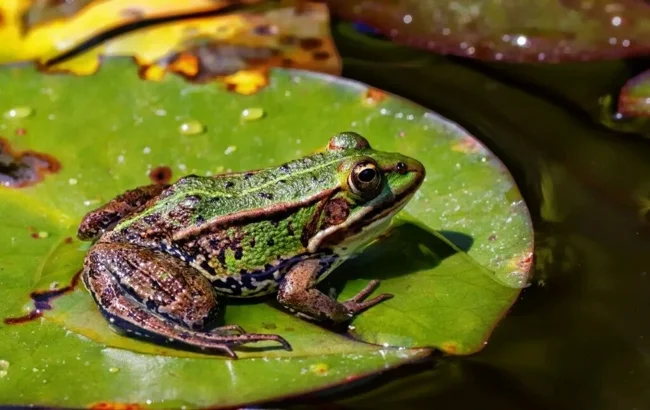
Because frogs depend on a moist environment, their bodies function in a way that compensates for the deficiencies of nature. During droughts, some species can hibernate for 16 months. Others, living in colder areas, enter a state of dormancy called suspended animation, which conserves much more energy.
7. Snake 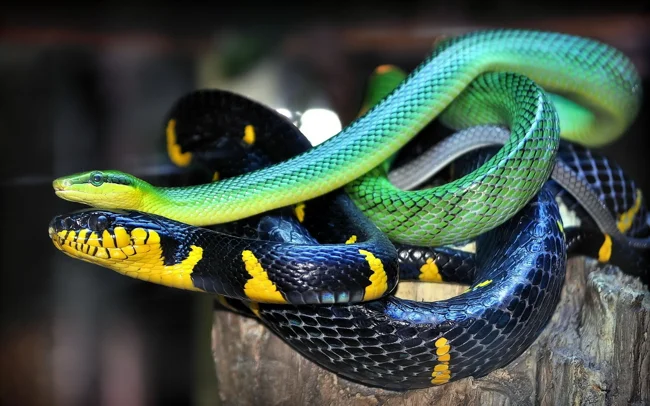
These reptiles cannot regulate their body temperature in cold weather, so their metabolism slows down by 70%. And snakes can go without food for up to a year.
8. Crocodile 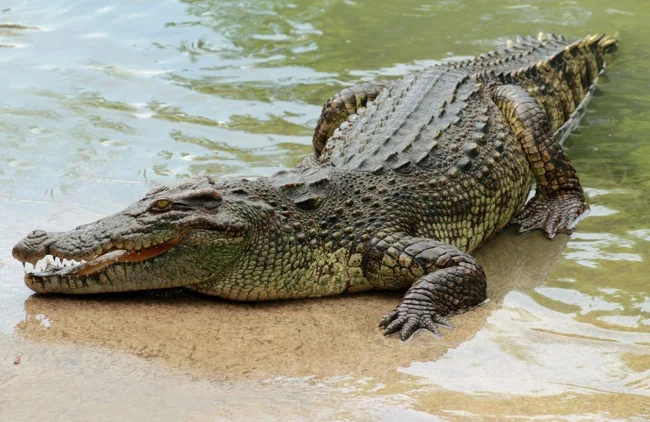
These guys conserve energy by waiting motionless for prey. They usually go without food for several months, but in extreme cases they can go hungry for up to three years. One of the most ancient reptiles on the planet has learned to do this through evolution thanks to fat reserves and a slower metabolism.
9. Spider 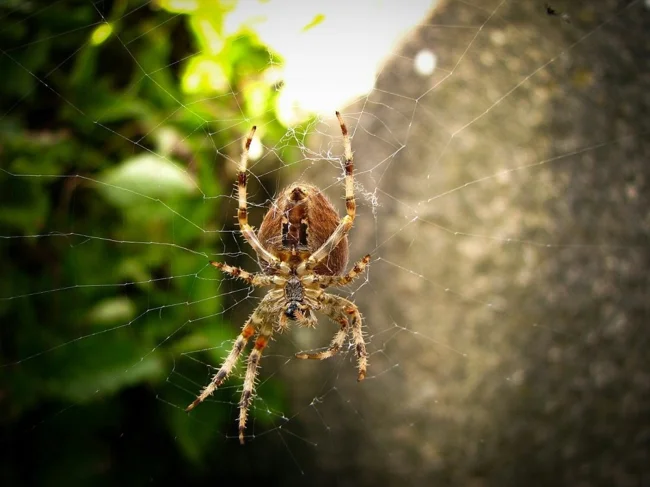
Since these fellows wait a long time for food to come to them, sometimes they have to wait quite a long time for their next meal. Their bodies can go without food for up to several months for a variety of reasons, including a slow metabolism, a long feeding process, and storing food in their stomachs and in caches (in some species).
10. Turtle 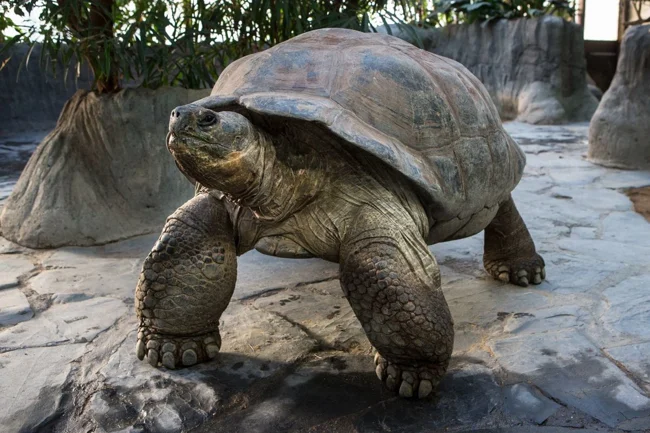
These slow creatures can easily live up to a hundred years. It would seem that by this age they want to indulge themselves with as much food as possible. But turtles can go without food and water in some cases for up to a year. They live off special fat reserves in the body.
11. Mudskipper (Anabass) 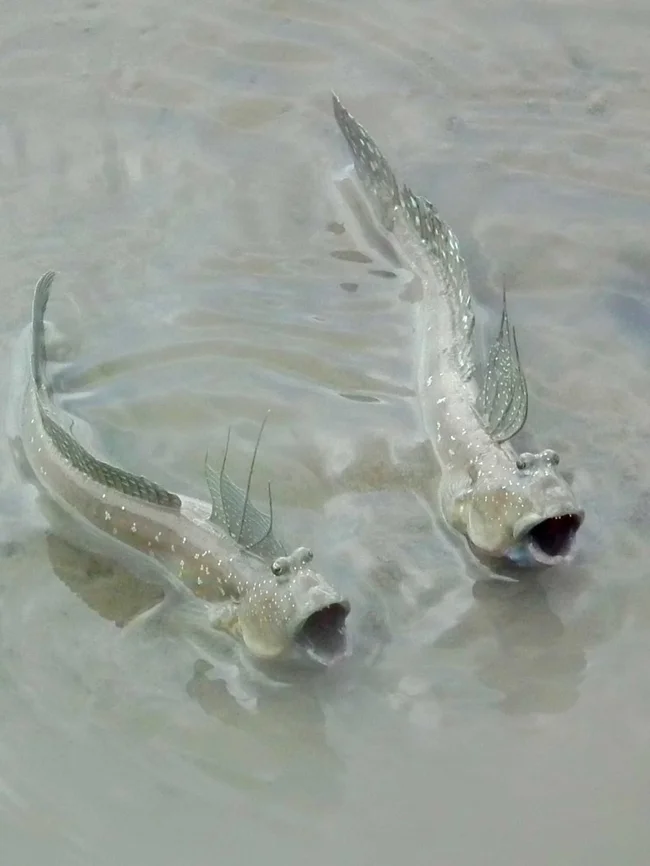
Native to Australia, Africa and South America, mudskippers are capable of hibernating for months or even years if their pond dries up, and calmly wait for favorable conditions to arrive in the form of blessed rain.
